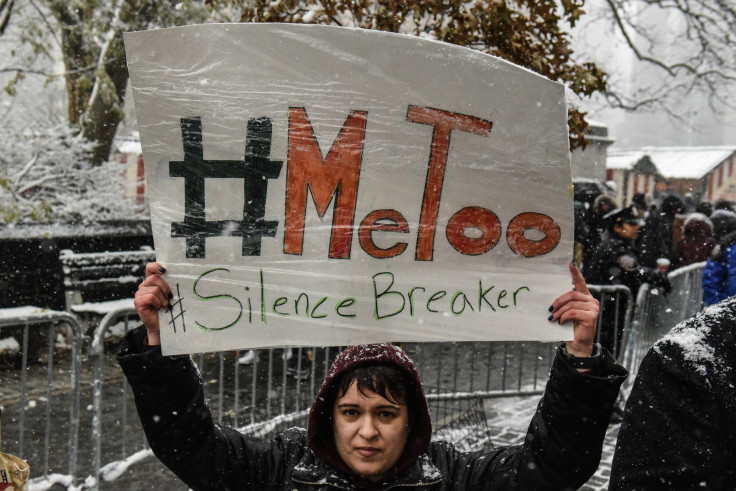LA Times China Bureau Chief Pressurized Law Student Into Having Sex

After being coaxed by his peers, Jonathan Kaiman, Foreign Correspondents’ Club president and Los Angeles Times Beijing bureau chief, finally responded to an allegation of sexual misconduct on Wednesday.
Law student Laura Tucker — who had befriended Kaiman when she moved to Beijing in 2011 — posted an article on Medium recalling an instance from March 15, 2013, when he pressurized her to have sex with him.
Sharing something that happened in 2013 re @JRKaiman #metoo https://t.co/EWN15iiRpU
— Laura T (@laura__tucker) January 11, 2018
Responding to Tucker’s allegation, Kaiman tweeted: "@lauratucker, I am so, so deeply sorry — I did not in any way mean to pressure you into an unwanted or uncomfortable sexual encounter, and I thought we had talked through the issue as peers and friends."
"However, I very clearly didn’t understand the extent of your feelings. I’m sorry I caused you pain, as that was never my intention," he added. "It would be wrong for me to think I could offer any remedy or solution here, but if you’d like to talk — either directly or through an intermediary — or anything else, please let me know."
In her post, Tucker alleged she went out for a few drinks to a nightclub with Kaiman, after which both of them headed to his apartment. Although she initially consented to getting physical with him, she soon rescinded her consent, letting him know that she had changed her mind.
"I explicitly voiced my lack of consent several times, and my words had no effect," she wrote, "Jon did not listen to me, did not respect my wishes or my space, and wasn’t open to the evening ending another way."
She went on to write that even after she moved several feet away from the bed, giving Kaiman all the signals indicating she did not want continue the intimate moment, he made no attempts to move or get up from the bed. All he did was stare at her with a mocking pout on his face, suggesting he did not take her words seriously.
"I remember that he made me feel very pressured and very awkward, like it was too late to back out," she wrote.
"The next form of resistance would have been to yell at him, or to call somebody, or to leave the apartment," she wrote, adding she chose the most convenient way out. "Least confrontational way forward was to place male satisfaction above my own desires and to go back to the bed… We had sex, and I felt gross for all of it."
She later reached to Kaiman, sharing her feelings with him about the incident and he apologized to Tucker, requesting a meeting. However, when they met at a café, following his apology, he turned the conversation around, trying to convince Tucker that she also shared the blame for what happened.
Tucker and Kaiman encountered each other a number of times after the incident, at social events, but the law student said she always felt uncomfortable around him. In October 2017, she started feeling like she needed to have her voice heard and the #MeToo movement finally gave her the courage to step forward and share her story about the incident.
"Most of my Beijing connections are gone, but I want my story to be available there," she added. "I also want to add my voice to the broader outcry against sexual misconduct."
One of Tucker's closest friends corroborated her account of events. "She was distraught about the situation… But — the way she told it then and the way she tells it now — is she spent a considerable amount of time getting him to leave and he just wouldn’t leave," the anonymous friend told Chinese news outlet Hong Kong Free Press.
© Copyright IBTimes 2025. All rights reserved.






















